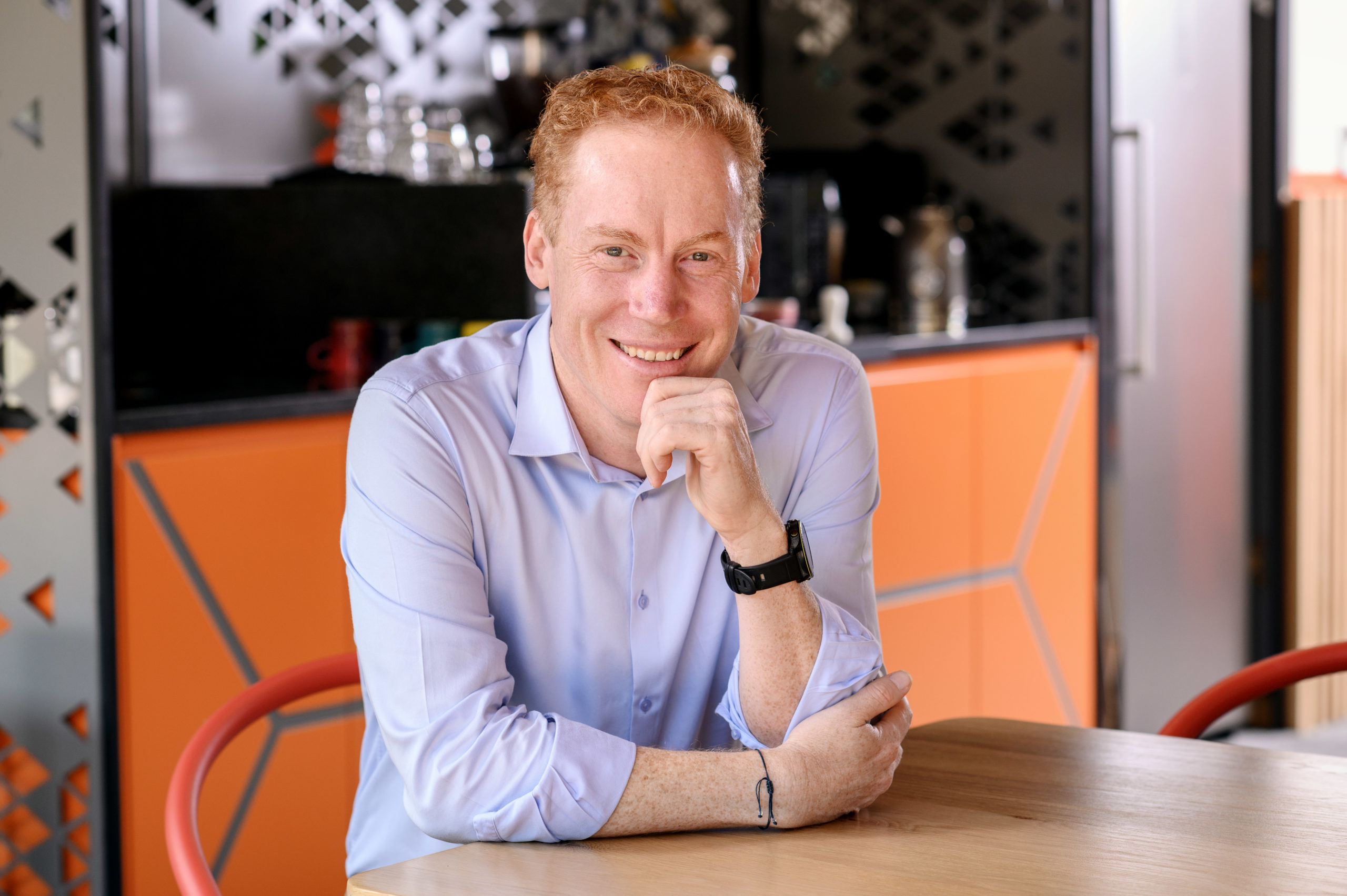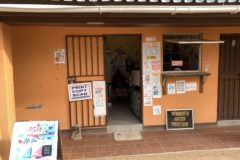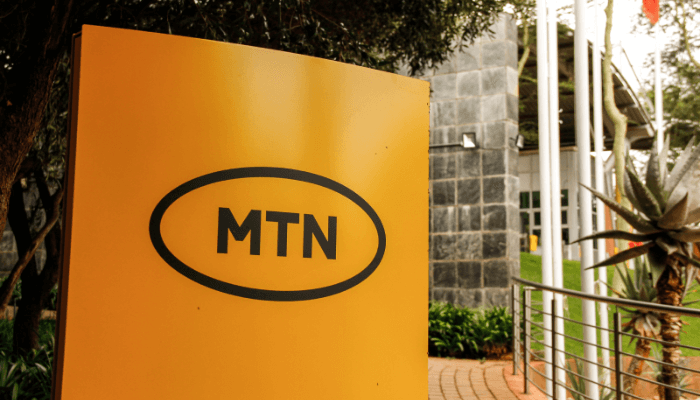According to the Financial Sector Conduct Authority (FSCA)’s 2022 Financial Sector Outlook study [PDF], about 60% of South Africans alluded to having an insurance product.
Penetration of insurance, measured using premiums as a percentage of GDP, was 13.7% in 2020 —one of the highest in the world.
To tap into this market, Naked, a South African insurtech startup, recently announced that it had raised a $17 million Series B to scale its product offering.
TechCabal had a sit down with CEO Alex Thomson to learn more about Naked’s product, their experience with fundraising in a downturn, the state of insurance in South Africa and much more.
TechCabal: Tell us more about Naked and the problem you are solving with your product offering
Alex Thomson: We play in the short-term insurance space and the problems that we saw when we started, which we still think are significant problems today, is that insurance is beset with problems that relate to how customers engage with the product.
So it often involves long phone calls or paperwork which is quite a hassle for consumers. And, you know, that’s both when you’re buying but also later on, when you’re claiming, or when you make changes or do anything with your policy. So we saw the opportunity to make insurance a lot more convenient, a lot easier for the average person to use.
The second element is that a lot of people have got a lot of distrust of insurance because they have had personally bad experiences, or friends of theirs have had bad experiences. And, we think that comes from a number of things that the insurance industry has gotten wrong over the years. The typical problem is that people are paying premiums for a long time and then when they finally come to claim, they are given the runaround.
Looking at all this, our mission is to make insurance something which people can understand and know what they’re getting right up front, both from the things that they’re covered for and the things that they’re not covered for. And that’s what we are looking to really change; the relationship that people have with insurance. One of the things that we’ve done, for example, is to remove what we see as a conflict of interest when people are claiming.
Currently, the way it works is that if somebody doesn’t get their claim paid, the insurance company actually makes more profits. So we think that’s a sort of classic conflict of interest situation. And we’ve changed that in the way that our business works. We get a flat percentage of the premium to run our business and we don’t benefit if the claims are lower than we expect. In fact, if there is money left over when claims are lower than usual, we actually donate it to charities that our customers choose.
TC: What challenges have you come across trying to solve this problem in South Africa?
AT: The first one is that we are trying to change people’s behaviour. Historically, people have always said, “I’m going to give the responsibility for my insurance to somebody else, right, I’m gonna go and speak to a broker, and they’ll tell me what I need”. You know, even when you use so-called direct insurance, you find a call centre, and that person will sort out your insurance for you.
One of the key things that we’re doing is saying to people that you’re now able to do insurance for yourself. We have been on a journey really to try to demystify insurance, simplify insurance, and make it something that anybody can understand and can make good decisions on.
TC: You recently raised a $17 million Series B round. How will this contribute towards your pan-African expansion ambitions?
AT: Well, actually, the majority of that money is going to be used initially in South Africa to further improve the experience and convenience that our customers have. We want to basically re-engineer the value chain. We believe that there is a huge amount of potential to change the way insurance is done using technology like artificial intelligence and machine learning.
And those things are difficult and we’ve done a lot already but with this funding, we are hiring people in that space to really improve our product. We want to get to a point where people should be able to get their claims handled almost instantly, very quickly and easily, and where we should be able to identify honest and dishonest customers very quickly and easily.
TC: You raised this significant amount of capital during a VC downturn. Do you feel like this validates your business model?
AT: Absolutely. It is tough out there, the fundraising markets are difficult and we feel very fortunate to have closed this round so indeed, that is a validation of the progress that we’ve made of the purpose that we have, as an organisation, the quality of the team that we have. I think all of these things mean that we have huge potential, both in South Africa and in other markets, to have a powerful impact on the way that insurance works.
I think that when investors see that, and they see the track record, you know, they want to be on board and we’ve managed to bring on some strong international investors in line with the journey that we’re on.
TC: How do you ensure that there are no biases in the algorithms that you use for scoring customers?
AT: That’s an important point. We are very much awake to that and employ the relevant features to ensure that things like race are not used as a factor in scoring customers. When it comes to pricing, it is about identifying the right price to charge a given individual and we’re trying to make that as precise and accurate as we possibly can without making unreasonable generalisations about groups.
We try to make it as bespoke as possible for the individual. The metrics we employ in our scoring algorithm are things like if you are a good driver or somebody who takes a lot of good care of their things, etc. From those, we then determine what you will pay for your premiums.
TC: What role do you think that convenient access to insurance, something Naked is trying to offer, can play in fostering social inclusion in South Africa?
AT: Insurance plays a very important role in supporting the development of people in an emerging economy. In the absence of insurance, if something goes wrong, because things happen, whether its an accident when you’re driving a car, or whether it’s a natural disaster, some kind of flood or whatever, any of these things can take a household that has been progressing out of poverty and into the middle class, right back to where they started.
So insurance conceptually plays a really important role in allowing development to be sustainable. Another way to look at it is that a lot of financial institutions won’t give finance if there’s no insurance protecting the assets so one can say that insurance is needed to allow people to get financed and acquire assets which are vital for upward social mobility.
And then of course, the other piece of it is that insurance needs to be delivered as efficiently as possible so that the price that people pay is the lowest possible price. There are a lot of inefficiencies in traditional insurance models and in our case, the fact that we have rebuilt the entire technology stack and can use machine learning artificial intelligence to take out costs to improve automation and risk selection is a way to allow for a greater number of people to be able to access insurance because at the moment, for many people, it’s just not affordable.
So if we can lower that cost, particularly on smaller coverages, we think there’s lots of potential to expand access and insurance penetration within South Africa and a lot of other markets.
TC: What would you say sets Naked apart from other short-term insurance players?
AT: South Africa has a very strong insurance industry and we’ve got a lot of respect for the players out there. I mean, they really are world-class and very capable and as you said, have massive advertising budgets. We see that however, that there is a big shift happening within insurance whereby products are getting more technology-based and people can self-serve and can take control of their own insurance.
We believe this is very disruptive to the traditional business models, and it’s going to lead to a whole breed of new players emerging because I think it’s quite difficult for traditional players to make the shift for various reasons.
And so, this is really about a broader change within society, that people want to be able to do things themselves, on their phones in particular. And so it’s predominantly because of this shift in the way in which society is working, and the insurance needs to change that I think will give us an edge over the competition.
TC: Are there any new product features that are launching soon that you would like to give our readers a sneak peek into?
AT: The real focus, as I said earlier, is around trying to make the process of claiming absolutely exceptional and there is a lot we are working on in the background to achieve this. There are also plans to move into other product categories but unfortunately, that’s all I can share at the moment.
*Interview has been slightly edited for clarity





















